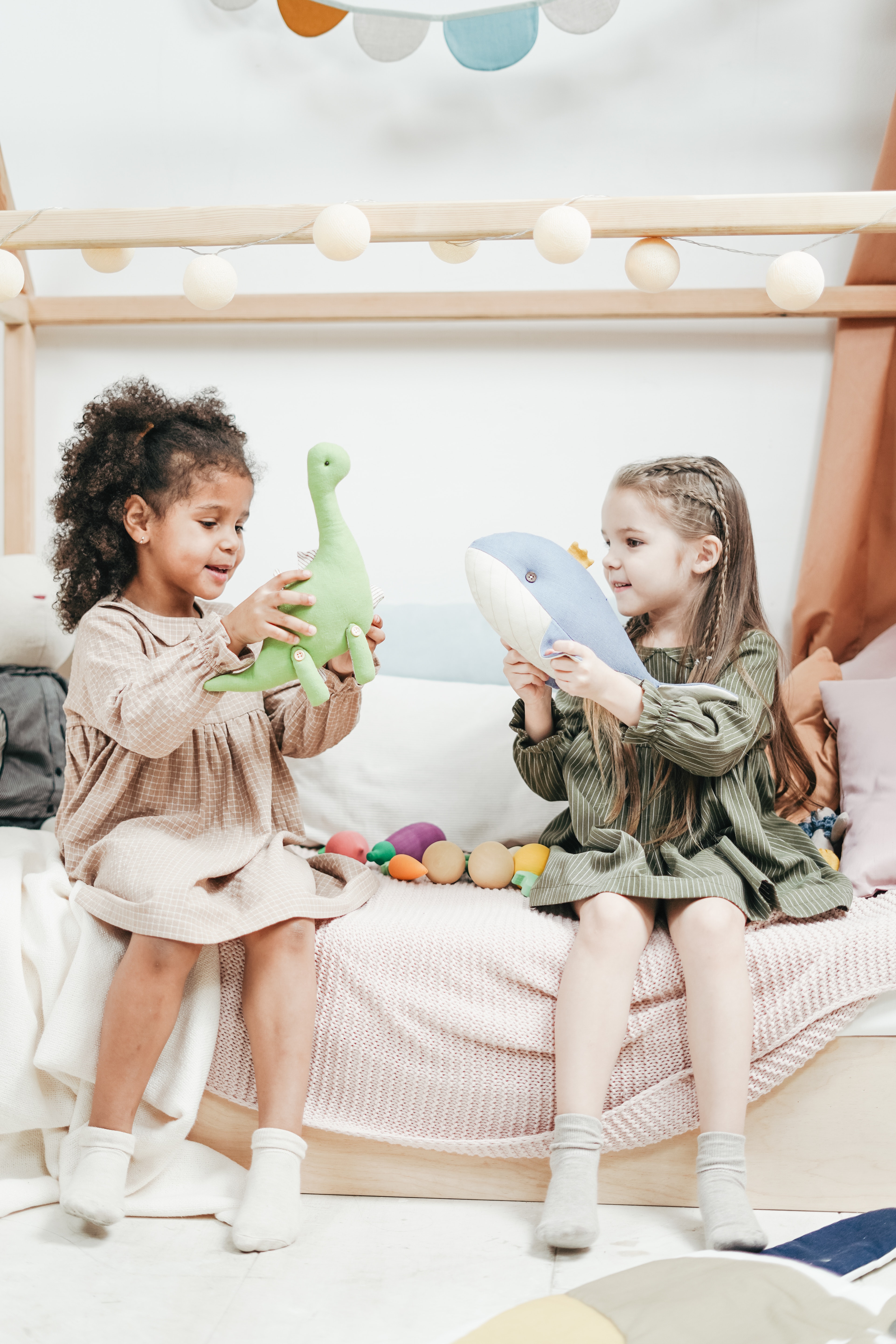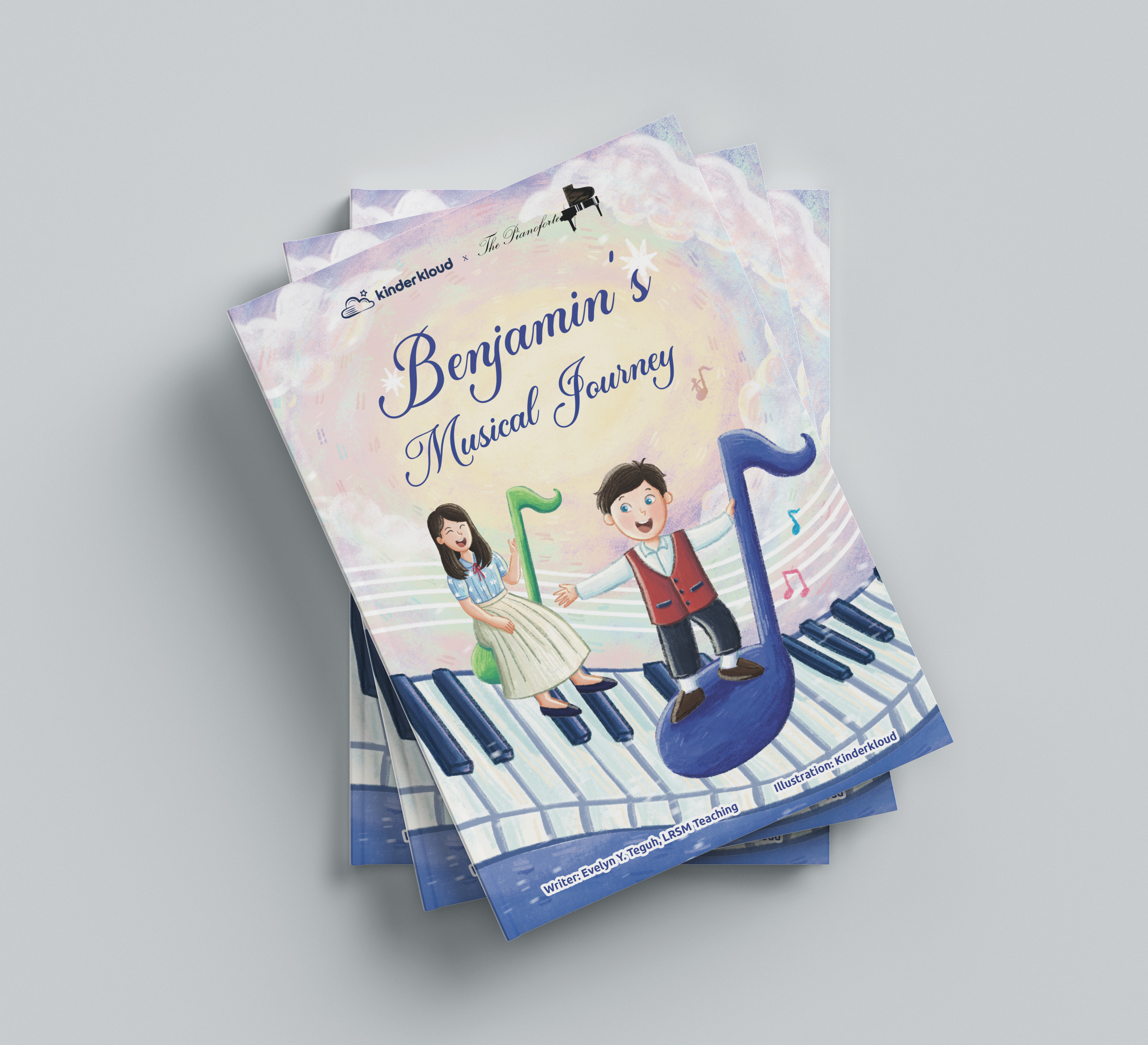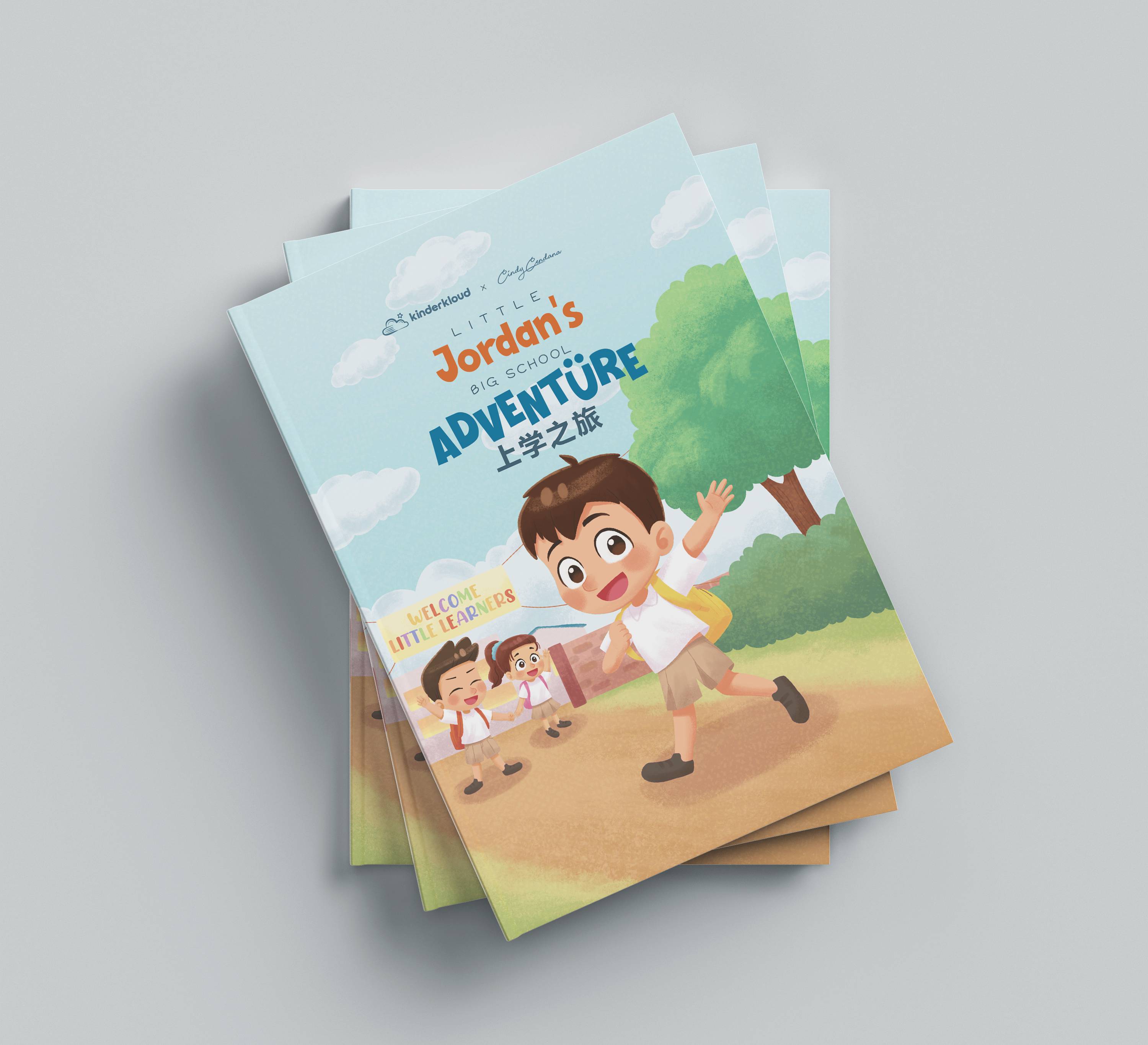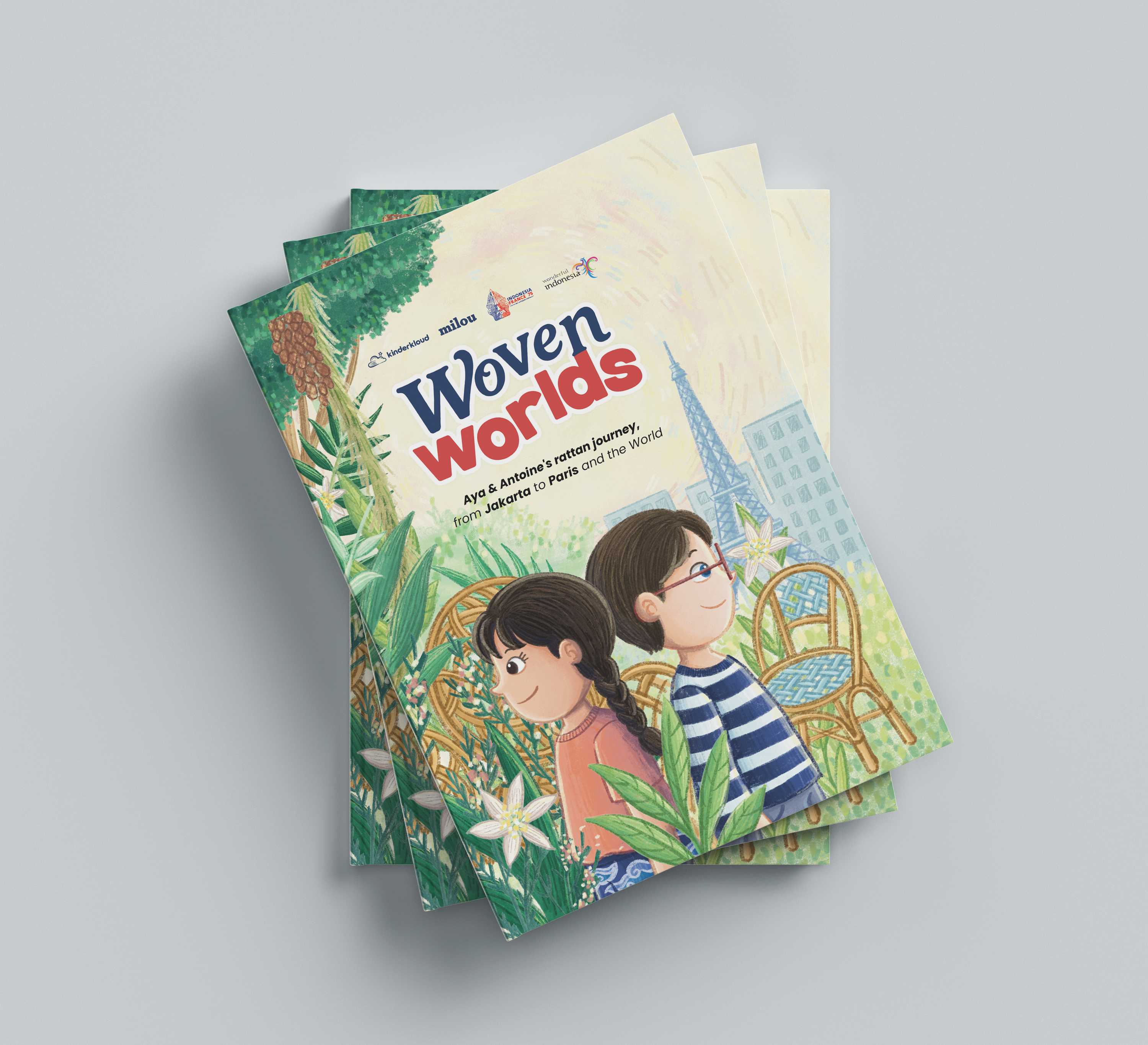Making Friends for Children with Autism Spectrum Disorder (ASD)

Making friends is very important for children as it helps develop their social-emotional skills and to have meaningful relationships which may last for a lifetime. Friendship is also a good experience for children to learn empathy, negotiating, cooperating, and problem-solving. In addition, children with friends tend to show higher prosocial behaviors, language skills, and positive affect. On the other hand, children who are unsuccessful in making friends tend to show emotional and behavioral problems.
Unfortunately, developing social interaction and friendship can be challenging for children with Autism Spectrum Disorder (ASD). This might be due to their difficulties in social communication, including paying and shifting attention, joint attention, recognizing facial expression, and reading social cues. Some children with ASD also have limited communication and language skills which add to the difficulty to start and maintain social interaction or forming a friendship.
However, children with ASD are actually eager to make friends but they might need help from parents or caregivers and other people to do it. They might need help on how to start and maintain conversation, understanding facial expression and body language, taking part in group activities, adjusting to new social situations, coping with losing, and solving social conflicts. Parents may teach social skills to their children at home or by working together with the children’s school to encourage more social activities.
Below are several tips to help children with ASD to learn social skills and make friends at home or school:
- Find activities that the child enjoys
It is a great way to start teaching social interaction with things or activities which the child enjoys since children will usually pay attention and engage in an activity or object which they find interesting. Parents can start identifying the child’s interests and strengths and then help them to interact with children who share the same or similar interests.
- Scheduling playdates with potential friends
Parents can arrange playdates with other children from the same school or neighborhood areas that seem to have similar or the same interests as their child. This can be done by inviting them to play at your house or organizing outdoor activities like going to the park, museum, or aquarium. It is also important to teach social skills in different situations and with different people.
- Use games or other tools to help with the practice
Games can be a great tool to teach children about multiple social skills. For example, parents can print out pictures of multiple facial expressions and glued them on a box to make an “emotion dice”, then parents and child can take turns to roll the dice and identify what emotion is being presented. Parents can also use board games or puzzles where parents can make mistakes on purpose while playing the game and then fix it to show children that everyone can make mistakes and that it can be solved. Parents may also initiate a conversation game where everyone takes turns to say one word at a time or to talk and ask questions about a certain topic.
- If possible, ask the school staff to create social programs
Parents may ask the school staff to create a “buddy program” or circle of friends to encourage children with ASD to engage more in social interactions. Parents can also encourage the school to develop structured social skills lessons and disability awareness lessons to raise awareness among other children and parents at the school about ASD. This can be helpful to create a positive mindset and teamwork with other parents to help children with ASD in making friends at school and other communities.
References:
Chang, Y., Shih, W., & Kasari, C. (2015). Friendship in preschool children with autism spectrum disorder: What holds them back, child characteristics or teacher behavior? Autism, 20(1), 1-10. https://doi.org/10.1177/1362361314567761
Friends and peers: Autistic children and teenagers. (2021, May 19). Raising Children Network. Retrieved November 9, 2022 from https://raisingchildren.net.au/autism/communicating-relationships/connecting/friends-peers-asd
Kids with autism need friends, too. (n.d.). Marcus Autism Center. Retrieved November 9, 2022 from https://www.marcus.org/autism-resources/autism-tips-and-resources/helping-kids-with-autism-make-friends
Making friends - supporting your autistic child. (2020, August 12). National Autistic Society. Retrieved November 9, 2022 from https://www.autism.org.uk/advice-and-guidance/topics/family-life-and-relationships/making-friends/parents-and-carers
Petrina, N., Carter, M., & Stephenson, J. (2014). The nature of friendship in children with autism spectrum disorders: A systematic review. Research in Autism Spectrum Disorders, 8, 111-126. https://doi.org/10.1016/j.rasd.2013.10.016
By: Salma Safira Sukma Ikhsani, S.Psi. from BehaviorPALS
friends, making friends, children, autism
Special Needs / Berkebutuhan Khusus / Social Development / Tumbuh Kembang Sosial / Education / Pendidikan / Making Friends for Children with Autism Spectrum Disorder (ASD)
Comments
















